Swiss-Libya spat sees Schengen visas blocked

Libya has stopped issuing visas to citizens of Schengen zone states, a day after claims emerged that Switzerland wants to bar entry to 188 top Libyans.
An unnamed official at Tripoli international airport told Reuters news agency on Monday: “This is right. This decision has been taken. No visas for Europeans, except Britain.”
Reuters said no explanation was given for the suspension, and there was no immediate confirmation from the Libyan government.
A spokesman for the Council of the European Union told swissinfo.ch that ambassadors in Tripoli had been informed of the development and the Spanish EU presidency was carrying out consultations on the issue and was expected to be in touch with the Libyan authorities.
He said it was “premature to forecast any further development”.
The Italian foreign ministry described the decision as a reprisal against an alleged Swiss visa blacklist of high-ranking Libyan officials.
“The Libyan response to the Swiss decision affects all countries in the Schengen zone,” a ministry spokesman told Reuters. “Contacts are underway between the countries in the Schengen zone to bring out a coordinated response to this measure.”
Italy’s Foreign Minister Franco Frattini went further, saying that Switzerland’s decision was “taking hostage all the countries in the Schengen area”. Switzerland should be helped to resolve the bilateral issue, but not “at the cost” to others.
Oea, a Libyan newspaper with links to the Gaddafi family, reported on Sunday that Switzerland had drawn up a list of officials who would be barred from the country. Libyan leader Moammar Gaddafi and his family, along with members of government, parliamentarians and military and security chiefs are said to feature on the alleged list.
According to Oea, a senior Libyan source threatened reciprocal action against Switzerland if an alleged decision to establish a blacklist was not reversed. Bern refused to comment on the newspaper report but the Swiss foreign ministry did say that a continuing restrictive visa policy was in place against Libya and not Libyans in general.
“Libya’s unilateral step is regrettable,” a German foreign ministry spokesman said. “We expect it to be repealed.” The ministry website said previously issued visas were now invalid and that only people with residency permits could enter Libya.
Foreign executives and diplomats who work in Libya say it is common for Libyan officials to make abrupt rule changes, and then soon after return to business-as-usual.
“It’s not likely to last very long,” Charles Gurdon, a Libya expert at London-based consultancy Menas Associates, said of the visa suspension.
“Swiss solidarity”
It is the latest development in an ongoing diplomatic row between the two countries that was sparked in July 2008 after the detention in Geneva of one of Gaddafi’s sons and his wife over allegedly assaulting two of their domestic staff.
Last November Bern asked members of the Schengen zone to implement a restricted visa policy for applications from Libya. This followed Tripoli’s refusal to allow two Swiss businessmen to leave the country following the arrest of Gaddafi’s son.
That month Schengen visas were refused to the Libyan prime minister and other top officials. Deputy Foreign Minister Khaled Kaïm denounced a “systematic and programmed solidarity with Switzerland”.
Holders of a Schengen visa in principle have the right to travel freely between member countries. However individual members can bar entry to specific people, as Switzerland has done in the case of Libya.
Member states also have a right of consultation and veto over the allocation of Schengen visas, and therefore certain Libyans can be prevented from travelling anywhere in the Schengen area, which covers 25 countries in mainland Europe.
swissinfo.ch and agencies
July 15, 2008: Hannibal Gaddafi and his wife Aline are arrested in Geneva over allegedly mistreating two servants, and are charged with inflicting physical injuries against them. The Gaddafis are released on bail and leave Switzerland. The servants are later compensated and charges withdrawn.
July: Two Swiss nationals are arrested in Libya. Swiss businesses are forced to close their offices and the number of Swiss flights to Tripoli is cut.
January 2009: A diplomatic delegation travels to Tripoli.
April: Hannibal and his wife, along with the Libyan state, file a civil lawsuit against the Geneva authorities.
May: Swiss foreign minister visits Libya
June: Libya withdraws most assets from Swiss bank accounts.
August: The Swiss president apologises in Tripoli for the arrest.
September: Two Swiss nationals cannot leave the country, despite a promise made to President Hans-Rudolf Merz that they will be freed by September 1.They disappear after undergoing a medical check-up in Tripoli.
October: A 60-day limit for normalising relations between Switzerland and Libya passes with no sign of the two Swiss hostages.
November: Swiss ministers suspend treaty seeking to normalise relations with Tripoli and say they will pursue visa restrictions for Libyans.
December: Two Swiss nationals sentenced to 16 months in prison and fined for visa violations. Their terms are later overturned and cut during an appeal.

In compliance with the JTI standards
More: SWI swissinfo.ch certified by the Journalism Trust Initiative


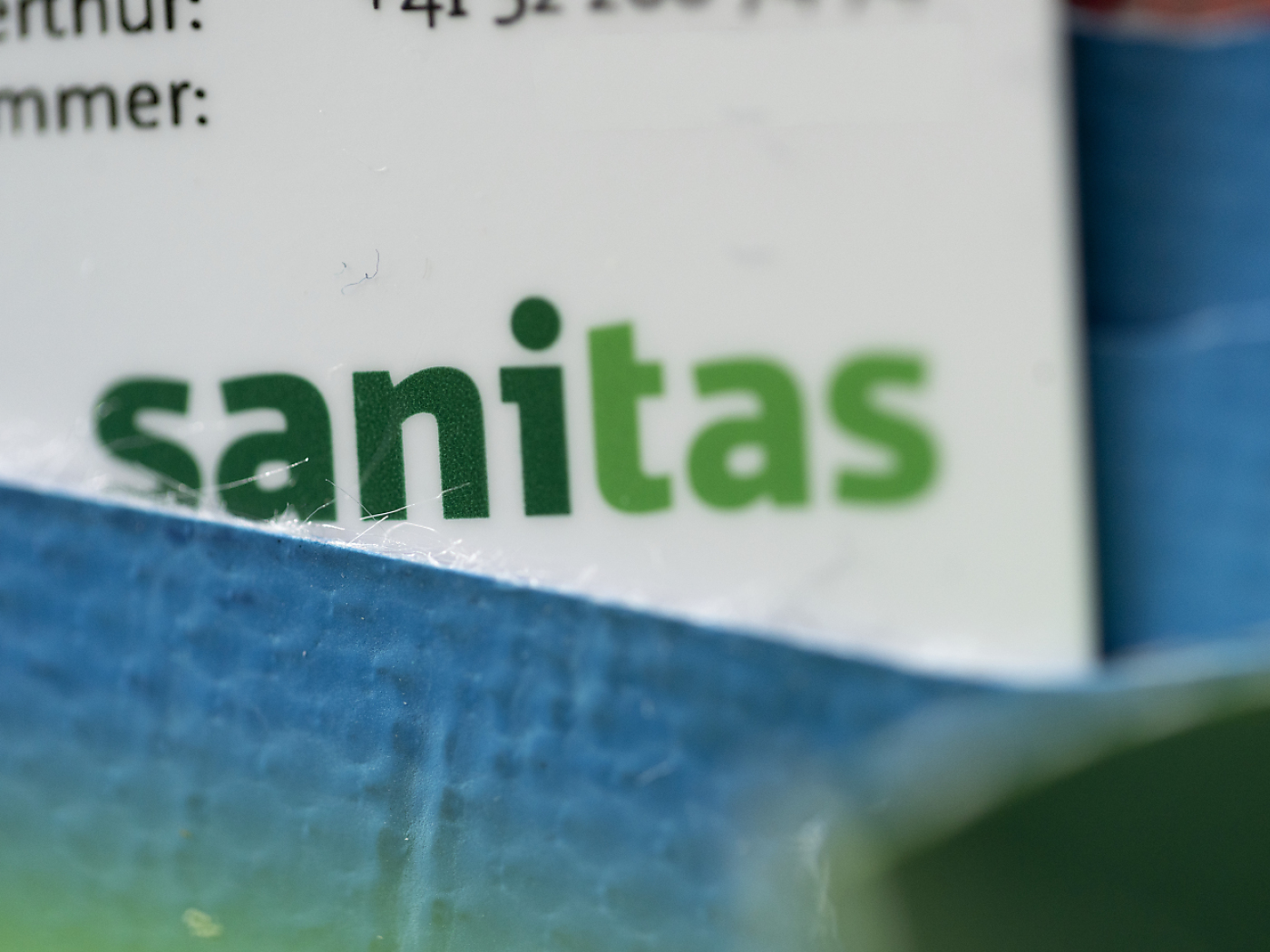





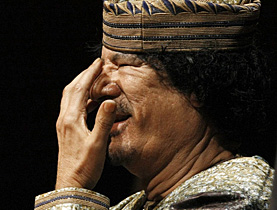
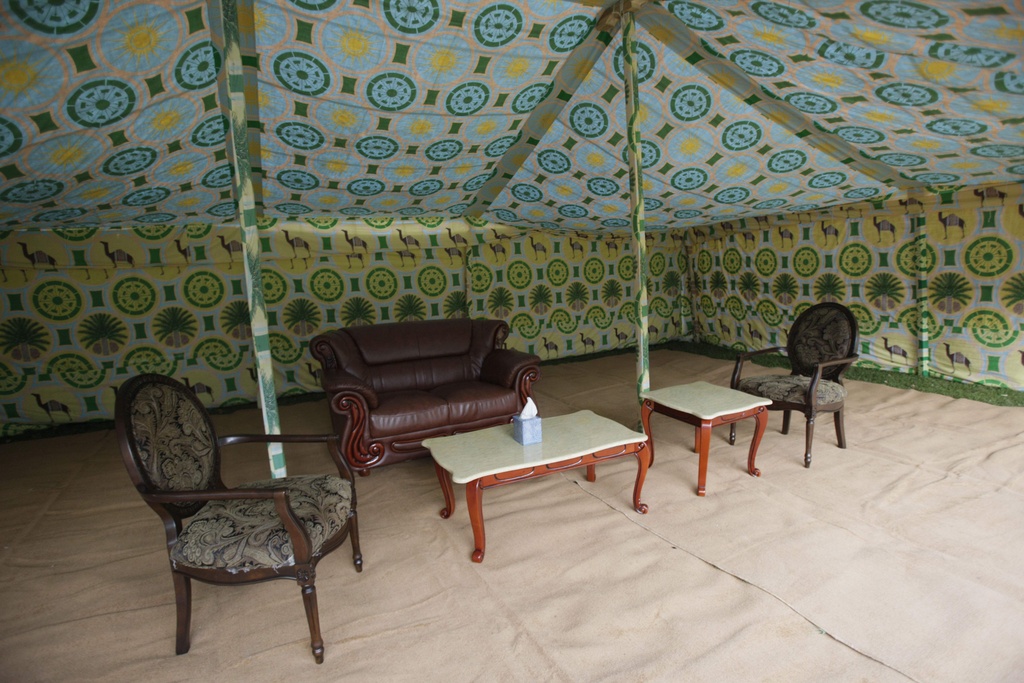
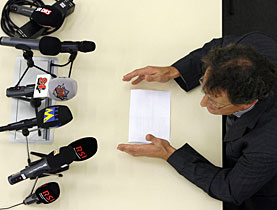
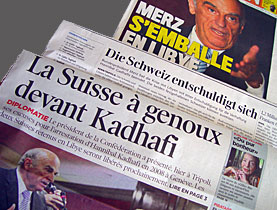

You can find an overview of ongoing debates with our journalists here . Please join us!
If you want to start a conversation about a topic raised in this article or want to report factual errors, email us at english@swissinfo.ch.